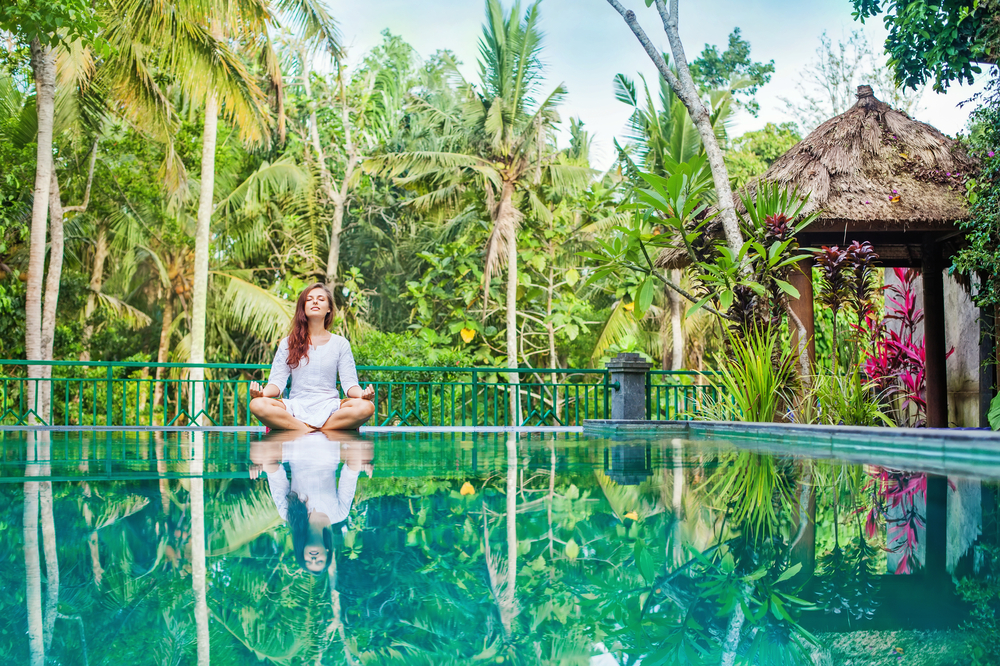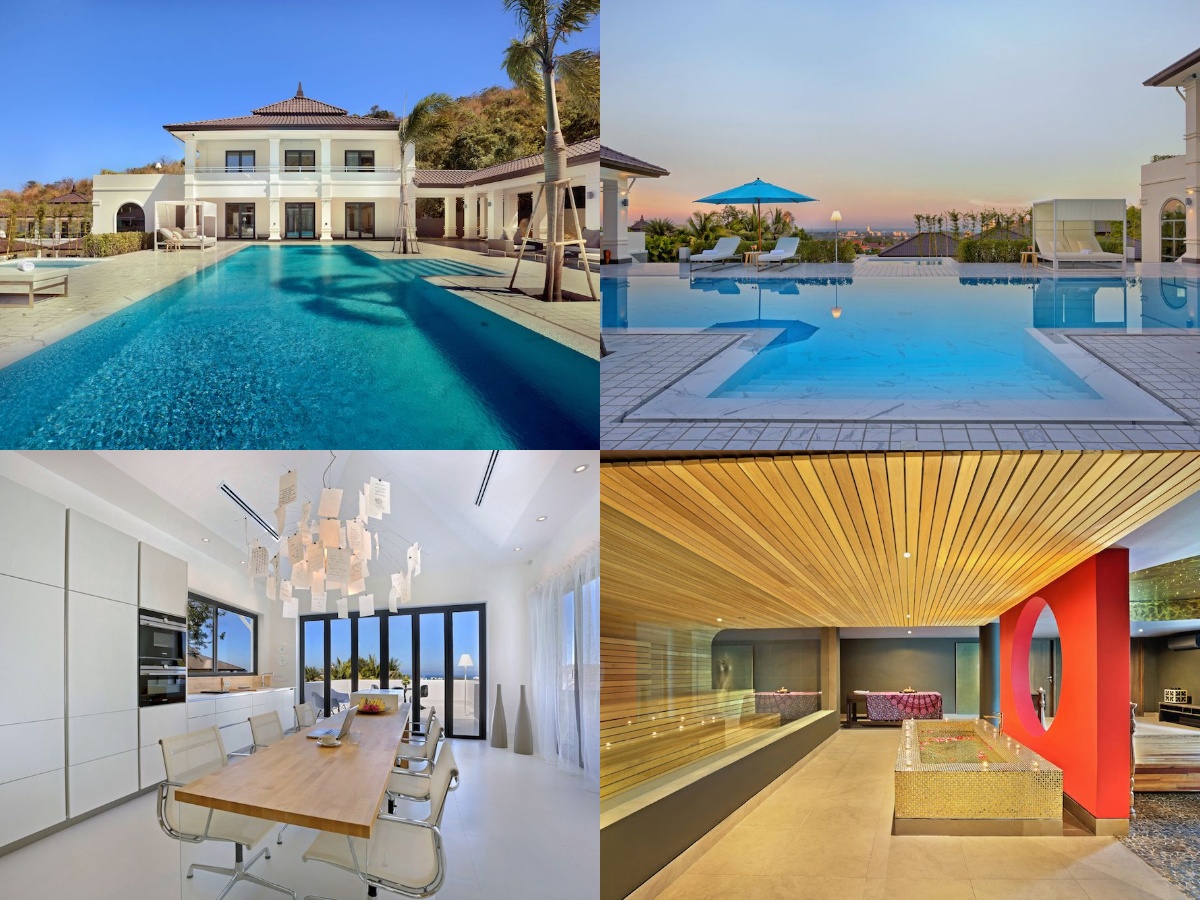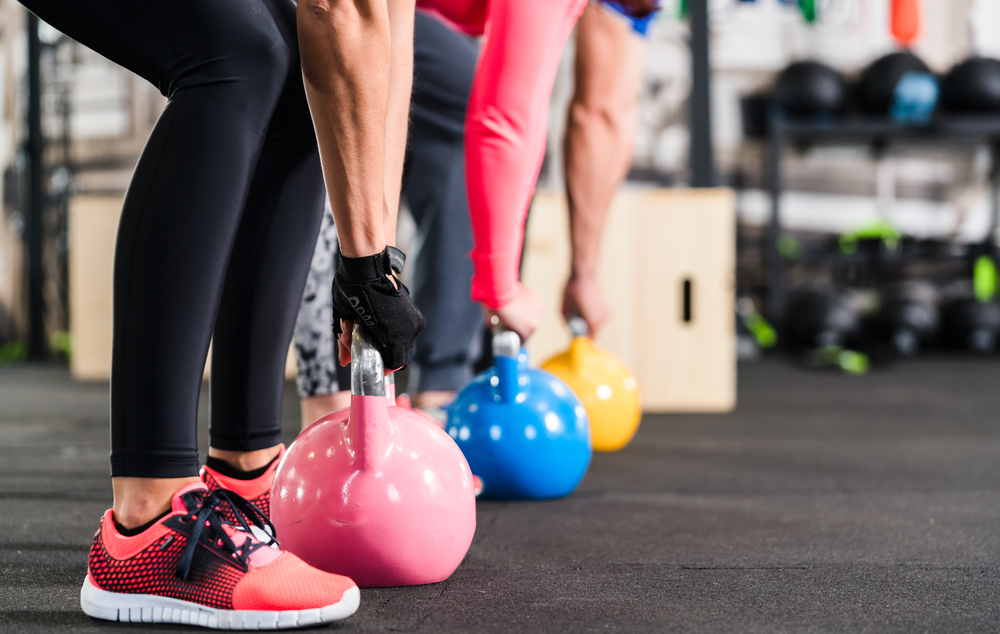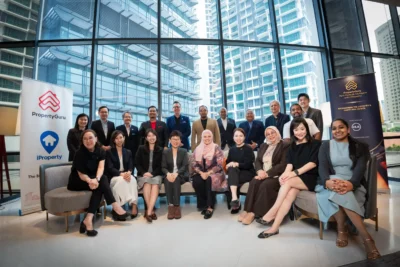In the wake of the pandemic, how did fitness centres and wellness-focused residential projects cope?
Industry leaders discuss how they shifted their strategies and adjusted their operations to deal with these unprecedented times
The world as we know it is not unfamiliar with highly infectious diseases, from the Spanish flu that took the lives of 50 million people worldwide to the Asian and Hong Kong flu that each tallied around 1.1 million deaths.
However, the world has changed drastically since then. Travelling to different countries have become much cheaper, exporting and importing goods have become much easier, and the list goes on. This also means that the risk of infection has become much higher.
On the other hand, the way we look at life has also shifted. The general population have now become more conscious of their health. Because of this need, restaurants have added healthy options in their menu and some have even set up shop specially focused on serving such dishes and beverages.
Aside from healthier consumption, the demand for gyms and wellness centres have also increased dramatically, enabling these establishments to sprout across every corner in major locations around the world.
But with the dawn of the pandemic, the need to eat healthier and live a more active lifestyle has become more crucial than ever.
Question is, how did the thriving industry of wellness-focused residences and fitness centres cope during the pandemic? Did the underlying demand help them in any way?
An ideal escape amid the outbreak
For the fourth installment of the webinar series organised by PropertyGuru Asia Real Estate Summit, we spoke with the CEO of Banyan Group Thailand Tjeert Kwant, who manages Banyan Residences in Hua Hin, Thailand, an integrated, lifestyle community that offers a mix of residential, hospitality, leisure, health and wellness facilities and services, making it an ideal getaway during the pandemic.
The entire development — from the design, layout and facilities — was designed to ensure that the residents, members, visitors and Banyan team achieve optimum wellness whilst in the premises.
Banyan Residences is made up of 86 villas for rent and for sale, a golf course, a spa and is within the immediate vicinity of its medical partner Be Well Medical Centre that provides primary care and nutritional advice, as well as physiotherapy, yoga and meditation.
More: Banyan Group prioritises occupants’ wellbeing amidst COVID-19, highlights wellness facilities
As golfing is a non-contact sport in the lush outdoors, their golf course was one of the first sports facilities that were allowed to open during the pandemic. Their partnership with Be Well Medical Centre was especially essential during these trying times as they have helped Banyan develop preventative measures that ensure the safety and wellbeing of residents, members, visitors and their own team.
According to Tjeert, they also produced visualisations to guide everyone, which became a standard in Hua Hin.
“Both local and regional Golf Associations chose our protocols as the standard for the businesses here in the region. Together with these protocols and the SHA (Safety and Health Administration) certificate that we obtained from the government, which ensures a healthy and safe environment, we can give our residents a comfortable feeling about living, working and visiting Banyan.”
Seeing as second homes and golf clubs were two asset classes that suffered significantly during the oubtreak, Kristin Thorsteins, the partner at Portman Investment, a member of the Urban Land Institute – Hotel Development Council & Women’s Leadership Initiative and the moderator of the webinar, asked: “Do you feel that COVID will give an unexpected boost to these sectors? Are you seeing increased demand for second homes or vacation homes?”
Tjeert explained that for both the golf course and the residences, they had to switch from mainly international visitors to the domestic market since Hua Hin has become a popular destination for people from Bangkok, which is only a two-and-a-half-hour drive away.
“So for the domestic market, we can mostly see the increasing interest in having a house in Hua Hin. People, in general, want to escape the crowded cities for many reasons. First of all, is psychologically, but also to get back to nature, bit more social distancing opportunities — and Hua Hin is offering that.”
“People can leave the Metropole Bangkok and go to Hua Hin to enjoy golf, other activities, but also spend time in their second home in nature and in a more relaxed environment. So we can see that from Bangkok for sure,” added Tjeert.
For international clients, he said that they are also seeing increasing interest. He is confident that the demand will soon come, most notably due to how the country is successfully dealing with the pandemic. Potential investors will view the kingdom as a safe haven to travel to and hopefully also purchase a second home.
Staying fit in the midst of the pandemic
When it comes to the current state of fitness centres, the CEO and founder of award-winning fitness centre The Lab Bangkok Richard Cohen, who also joined us at said webinar, shared how they managed to operate during the pandemic, with all the restrictions and precautions in mind.
Throughout the course of the crisis, Richard said that some landlords offered 50 to 100 percent rent reduction during the enforced lockdown and some discounts during the reopening, which definitely helped keep their business afloat.
As a business owner, with his clients’ best interest in mind, he understood that most of them were having a hard time as well so he organised a pay-what-you-think-is-worth, donation-based system so payments will be dependent upon them. But that is not the only issue.
“The challenge was, how do we stay connected with our clients during a pandemic? How do we keep our trainers and staff engaged, and provide them with financial support during a lockdown? We’re a consulting firm in the debate so how can we solve problems that the clients are facing to maintain their health and fitness levels?” reflected Richard.
He took advantage of technology and moved most of The Lab’s classes and services online, providing about 200 participants in seven countries 300 hours of online group training. The Lab also has an online community group where participants can have virtual coaching and work out with their online trainers. They even hosted a women’s only wellness program, which had 12 women participants from five countries across the world.
More: Is your home office set up as healthy as it can be?
Upon their reopening, they had to abide by the established COVID-19 preventative measures, such as contact tracing, conducting temperature checks, wearing masks, deep cleaning and sanitising every couple of hours, enforcing the two-metre apart rule and ensuring no equipment sharing or physical contact.
However, fitness facilities operate differently than other establishments because they constantly have people sweating, moving and leaving their sweat on the ground so they also had to implement stringent training measures in place.
As for the future of these fitness facilities, Richard explained that even though he and his team at The Lab do embrace technology in the modern times, they believe in human connection, which cannot be reproduced at home or on screen.
“[Nothing will ever replicate] the personal experience or the energy you get when working out in the same space as others, feeding off their positive energy in a social setting.”
“Although some people excel and are passionate about working out online, meeting a friend, receiving a pat in the back or a high five and [hearing] words of encouragement will never be quite the same as when you’re with other people,” concluded Richard.
This is the second of a two-part series based on the Wellness & Real Estate 2020 webinar organised by PropertyGuru Asia Real Estate Summit. More than 100 viewers across the world joined the one-hour web conference held last 13th of August. For further enquiries, email [email protected]. Visit the official website AsiaRealEstateSummit.com and follow our social media for upcoming live webinar announcements.
Recommended
6 reasons Bekasi is rising as Greater Jakarta’s next hotspot
One of Greater Jakarta’s rising stars is prospering, thanks to ample recreation and a contingent of desirable housing projects
6 developments driving Asia’s green real estate shift
Developers are being incentivised to push a green agenda into daring new realms
The Philippines’ LIMA Estate drives sustainable industrial growth
LIMA Estate models a citywide vision that uplifts workers while appealing to climate-conscious employers
Malaysia property market rebounds with foreign interest and growth
The nation’s property market is stirring to life, fuelled by foreign buyers and major infrastructure drives










